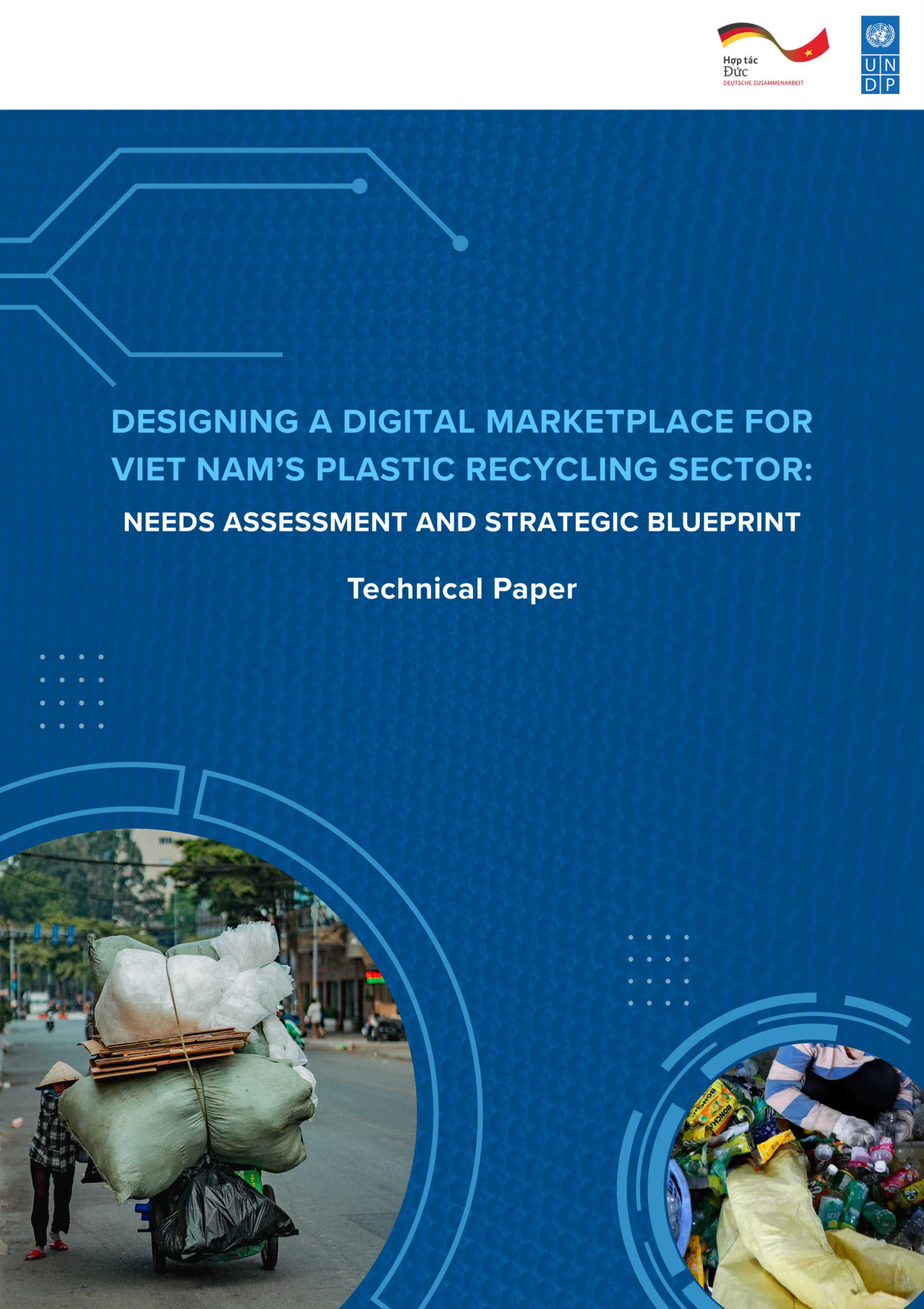Webinar “Unlocking Value for Waste in Circular Agriculture”
On September 20, 2023, the Viet Nam Circular Economy Hub hosted a webinar titled “Unlocking Value for Waste in Circular Agriculture,” attracting over 70 participants from diverse backgrounds. Experts, businesses, policymakers, development agencies, and international organisations gathered to explore innovative business models, robust public-private partnerships, cutting-edge technology which harness waste streams to generate both commercial and social value, promoting resource recovery, reuse, and ultimately, a more sustainable food system.
Dr. Tosin Somorin, Circular Economy and Waste Management Researcher from the International Research Institute of Water Management (IWMI) kicked off the session by shedding light on business models for resource recovery and reuse, showcasing various methods for extracting value from diverse waste streams on grounds of the waste characteristics. The ouputs of these businesses could be categorised into 4 groups: reusable water, soil nutrients, energy for heating or electricity, and protein sources for animal feed. To provide example for each group, Dr. Somorin presented business models like biomass energy from rice and coffee husks, maize cobs, etc., biodiesel production from cassava pulp, palm oil mill effluent and so forth.
This was followed by the presentation of Ms. Nguyen Cam Thuy, Coordinator of the Partnership for Sustainable Agriculture in Viet Nam (PSAV) on Viet Nam’s agricultural sector transformation strategy with an emphasis on quality, nutritional content, and sustainability, with an eye towards high-end niche markets, value chain collaboration, and inter-sectoral linkages. Circular economy plays a central role in achieving these goals. A typical example that Ms. Thuy mentioned is a project implemented by the Ministry of Agriculture and Rural Development (MARD) and funded by GIZ to promote the mechanization of rice straw collection and rice straw handling and processing technologies. This initiative has garnered enthusiastic support from farmers due to its tangible economic benefits, such as reducing chemical fertilizer costs by 35-40% and increasing profits by 10% compared to traditional practices of burning agriculture residues.
Mr. Khuat Quang Hung, Director of Corporate Affairs & Sustainability Champion, Nestle Viet Nam, presented about the brand’s commitment to sustainability through its regenerative food system vision. He elaborated on the group’s ESG programs and initiatives within the coffee value chain aligning with circular economy priciples, namely producing unbaked bricks from coffee grounds, reusing wastewater, shifting NESCAFÉ products to single-layer packaging, and collaborating with PRO Viet Nam for packaging collection and recycling. These measures have enabled Nestle to achieve significant environmental benefits, saving 112,000 m3 of water, reducing CO2 emissions by over 14,000 tons, and utilising 100% of coffee grounds as biomass fuel, ultimately leading to VND 54 billion in savings.
Mr. Pieter Bujis, Viet Nam Managing Director, Big Dutchman began his presentation by highlighting the role of circular economy in managing livestock waste to minimise greenhouse gas emissions and support countries in achieving Net Zero goals by 2050. In addition, waste utilization for compost opens up additional income streams for businesses through compost sales and carbon credits. Mr. Bujis showcased Big Dutchman’s efficient composting process and technology, which involves stages like OPTISEC drying for optimal microbial decomposition, composting in compost towers and air scrubbers, and pelletisation for optimised transportation and application. Their lifecycle assessment showed a significant reduction of 443 tons per year in CO2 emissions compared to the baseline model for poultry farms, proving the environmental benefits of this approach.
Key takeaways:
- Businesses and projects are moving beyond waste disposal and recognizing its potential as a valuable resource. Public-private partnerships and private capital are key to unlocking commercial and social value from waste.
- Different industries will prioritize distinct sustainability goals. High-carbon sectors like livestock and rice farming will prioritize emission reduction and decarbonization, while industrial crops like coffee will focus on regeneration and natural resource improvement.
- Large corporations can support smallholder farmers in adopting circular agriculture practices by providing training on climate-resilient agriculture, introducing drought-resistant and low-emission varieties, and developing replicable circular agribusiness models.
- International organizations and partner networks can play a crucial role in empowering smallholder farmers. This includes fostering cooperative membership to strengthen bargaining power, providing training on technology application, value chain production, and product marketing, and piloting initiatives like comprehensive ecosystems encompassing venture capital, financial technology, and value chains to facilitate input/output access and product consumption, ultimately improving access to credit for small and medium-sized households.
You can reference other workshops here.












